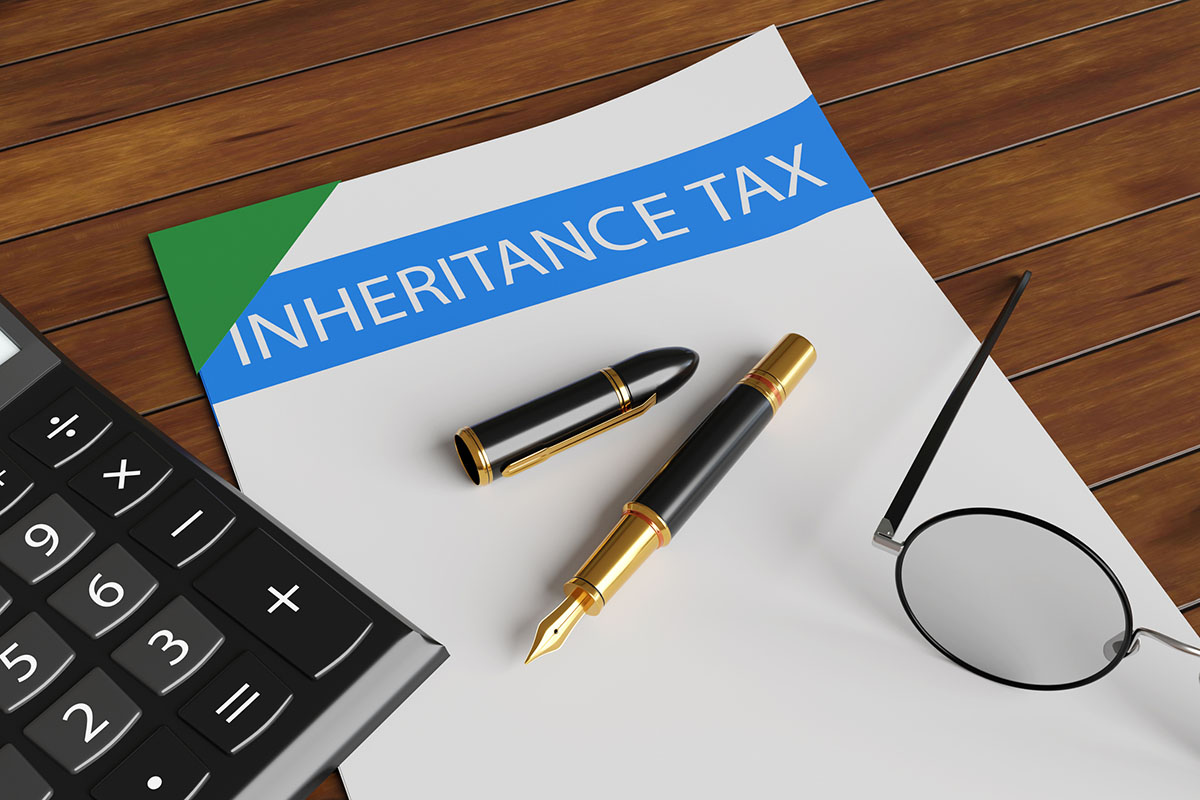Inheritance tax (IHT) is often called the UK’s most hated tax. It can feel very unfair to think of your assets being taxed after your death, especially after a lifetime of paying tax on them already. Interestingly, only a small number of estates are affected by IHT in the UK. However, the government’s IHT receipts are increasing each year – standing at £3.9bn from April to September 2023; 400m higher than the previous period (an 11% rise).
It is important not to make assumptions about your estate and future IHT liability. Below, our Carlisle financial advisers explain how IHT works in 2023-24 and how it can affect stakeholders (owners and beneficiaries). We also offer some ideas about how to mitigate IHT legitimately. We hope these insights are useful.
Please contact us for more information or to speak with a financial adviser:
t: 01228 210 137`
e: [email protected]
What is inheritance tax?
Inheritance tax (IHT) is typically taxed at 40% on the value of an individual’s estate over £325,000. For instance, suppose you die and leave possessions worth £500,000 to your loved ones. Setting aside any other allowances, for simplicity, this would leave £175,000 subject to a 40% IHT bill (£70,000).
Beneficiaries (those receiving your assets, such as family members) do not pay IHT out of their own pockets. Rather, the bill must be settled using funds from your own estate. This is one reason why estate planning is so important. For instance, if you face a £70,000 future IHT bill but have no “liquid” assets to cover this (e.g. cash savings), then your executors (the people managing your will) may be forced to sell your property quickly.
It is generally a good idea to have a will as part of your estate plan. This document specifies your wishes after your death (i.e. who receives what) and helps to avoid misunderstandings between family members about entitlement.
How IHT can affect everyone
Naturally, IHT can threaten your goal to keep maximum wealth within the family when you die. Your loved ones may also have an interest in your estate plan, perhaps hoping to use any inherited funds to build their own financial plans (e.g. overpaying a mortgage or helping to pay for children’s university costs).
One little-known rule is that IHT must be paid within 6 months of the estate owner’s death. Otherwise, interest will be charged by HMRC – eroding beneficiaries’ entitlement. As such, everyone in the family arguably has an interest in ensuring a robust estate plan is ready, making the payment process as simple as possible.
Ways to save on IHT
The UK’s tax system is notoriously complicated, especially regarding IHT. Seeking financial advice can help you gain a clearer picture of the tax landscape, your current obligations and future scenario planning. With this said, here are some estate planning ideas to help inspire ideas to discuss with an expert.
Firstly, homeowners are arguably at an advantage due to a rule called the Residence Nil Rate Band (RNRB). In 2023-24, this allows an individual to pass down an extra £175,000 to beneficiaries, IHT-free, provided “direct descendants” (e.g. children) inherit the family home. Therefore, it often makes sense to aim for outright ownership of a residential property in retirement, rather than renting. Not only does this take pressure off your pension to cover monthly rental payments (which could rise over time), but the RNRB could help you leave more wealth to family members when you die.
Secondly, individuals who are married or in a civil partnership also enjoy the benefit of inheriting their partner’s estate, IHT-free, if they die (and vice versa). Any unused IHT-free “allowances” from the deceased person are also passed on to the surviving partner. For instance, suppose a husband dies without using any of his IHT-free allowance (£500,000; i.e. the £325,000 Nil Rate Band plus the RNRB). His surviving wife combines this with her own £500,000 IHT-free allowance. In theory, therefore, the couple could eventually pass down a £1m estate to their children when both individuals die – completely free of IHT.
Thirdly, gifts can be a useful way to mitigate a future IHT bill. In 2023-24, an individual can give away up to £3,000 per tax year without these getting counted as part of the estate. Further allowances are available for specific gifts (e.g. making a financial contribution to a child’s wedding costs). Each tax year, you can also make as many individual gifts to different people as you want, IHT-free, provided their values are limited to £250. Lifetime gifts such as these can also be personally fulfilling, since you can watch the positive impact that your wealth is making on your loved ones.
Invitation
If you would like to discuss your financial plan and investment strategy, then we would love to hear from you. Get in touch with your Financial Planner here at Vesta Wealth in Cumbria, Teesside and across the North of England.
Reach us via:
t: 01228 210 137
e: [email protected]
This content is for information purposes only. It should not be taken as financial or investment advice. To receive personalised, regulated financial advice regarding your affairs please consult your Financial Planner here at Vesta Wealth in Cumbria, Teesside and across the North of England.

